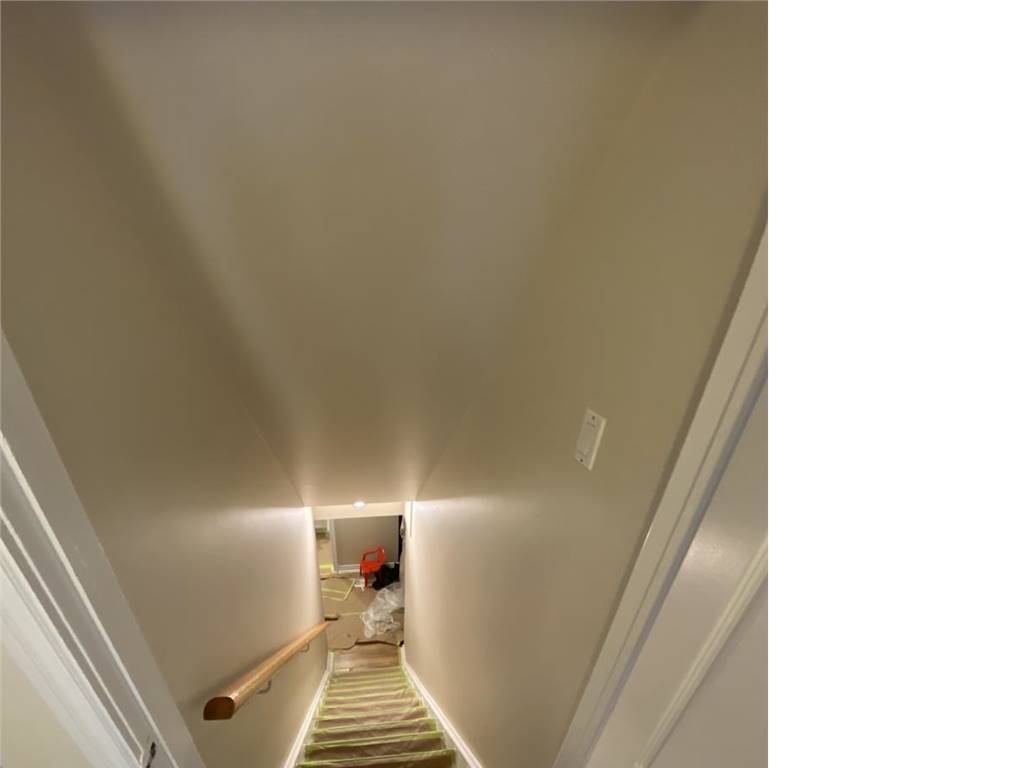
Most Common Renovation Mistakes
No matter how well you plan a renovation project, there are always going to be mistakes made. Unfortunately, many of these mistakes can end up costing homeowners a lot of money. In this blog post, we'll take a look at some of the most common renovation mistakes, and how to avoid them. Read on to learn more!
What Are Some of the Most Common Renovation Mistakes?
People often make renovation mistakes by not doing their research first. Others may make costly mistakes by hiring unqualified contractors or not reading the contract carefully.
Some of the most common renovation mistakes include:
1) Not Planning Properly.
Not planning properly can affect you when renovating in a few ways. First, it can lead to budget overruns, as you may end up needing to purchase materials and hire contractors at the last minute. This can also lead to subpar work, as contractors may be more rushed and may not take the time to do a good job. Finally, not planning properly can also lead to delays in your renovation project, which can be especially frustrating if you are trying to live in the same space while your renovation is taking place.
To avoid these issues, it is important to plan your renovation carefully and thoroughly. Have a solid budget in mind and make sure all of your contractors are lined up before beginning the project.
2) Choosing the Wrong Contractor.
Choosing the wrong contractor for your home renovation can have serious consequences. Not only will you likely end up with subpar work, but you may also end up spending more money than you would have if you had chosen a more reputable contractor. In some cases, choosing the wrong contractor can even put your safety at risk. Before selecting a contractor, be sure to do your research and choose someone with a good reputation who is properly licensed and insured.
3) Not Getting Permits.
Not getting permits can have a wide range of impacts on your renovation project, depending on the specific situation. Some of the potential consequences include:
Increased cost due to having to pay fines or hire a contractor who is knowledgeable about navigating the permitting process.
Delays in the beginning or completing the renovation project.
Having to tear down completed work that was done without permits; and
Inability to get building or zoning codes updated for your renovated home.
Overall, it's always best to consult with local authorities before beginning any renovation project, in order to avoid any potential problems down the road.
4) Over-renovating.
It can be costly and overwhelming.
When renovating your home, it's important to strike a balance between doing too little and doing too much. Too little renovation can lead to a feeling of boredom with your home, while too much renovation can be overwhelming, expensive, and even dangerous. It's important to remember that you don't have to do everything at once, and that it's OK to take your time in renovating your home. By planning your renovation carefully and taking into account your own personal needs and preferences, you can avoid the pitfalls of over-renovating and create a space that you'll truly love.
5) Not Preparing Your Home.
Not preparing your home for a renovation can have several negative impacts. First, it can increase the cost of the project as you may need to make last-minute changes or repairs that could have been avoided with proper planning. Second, it can lengthen the duration of the renovation as unforeseen issues arise. And finally, it can create more stress and frustration for you and your family during what is already a challenging time. So while it may seem like extra work upfront, taking the time to prepare your home before starting a renovation will pay off in the long run.



